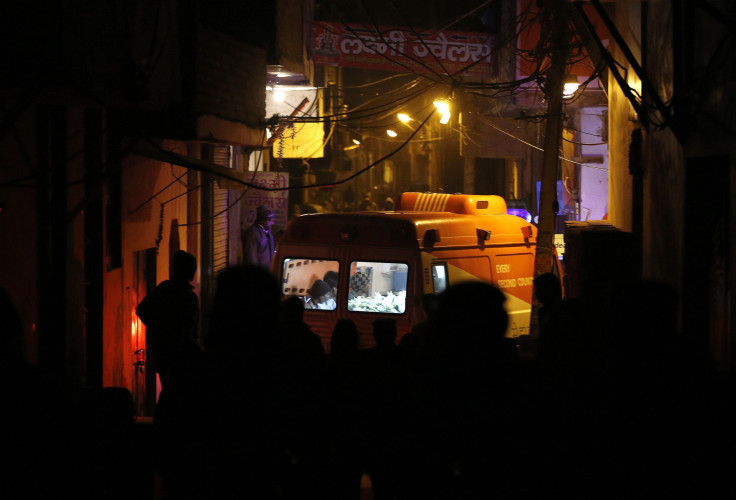Delhi Gang-Rape: Supreme Court Of India Admits Plea To Consider Accused Juvenile An Adult

The Supreme Court of India accepted a motion on Friday to consider a juvenile accused in the Delhi gang-rape case an adult. The court issued a notice to the central government and the Delhi police based on a Public Interest Litigation (PIL) motion that was filed by a Chandigarh-based lawyer., CNN-IBN channel has reported.
The six suspects -- five adults and a juvenile -- were arrested in connection with the Delhi gang-rape case, which sparked nationwide protests.
The five adults, who were charged with abduction, rape and murder, face tough sentencing, while the sixth suspect, who claims to be a juvenile and reportedly inflicted barbaric internal injuries on the victim, was eligible to receive only a lenient punishment owing to his minor status, according to existing laws, which allow him to be tried separately by a juvenile justice board, which could hand him a maximum sentence of three years in a correction home.
The PIL filed in the Supreme Court has sought the same trial and punishment (if found guilty) for the minor as for the five accused adults. The PIL stated that the mental age and not the physical age of the accused should be considered for sentencing, as he is allegedly involved in a ghastly crime.
According to his school leaving certificate, the suspect is 17-years-and-six-months old. However, the authorities challenged his claim in the juvenile court, which has reserved its order on the issue until Jan. 28.
The Delhi police and the statement of the victim’s mother have established that the juvenile suspect was more brutal than the other accused. It has generated a debate in the country on amending the Juvenile Justice Act. The government also has hinted it may redefine the juvenile age limit.
However, the legal community has pointed out that such a move would amount to the violation of the United Nation’s child laws, to which India is a signatory.
Even if the juvenile law was amended to give a harsher punishment to the minor, it would not affect the trial of the minor in the Delhi gang-rape case as no such law could be implemented retroactiveluy, according to legal experts.
In a similar case reported by local media, police Thursday revealed that the prime suspect in the gang-rape of a law student that occurred on the National School of Law campus in Bangalore last October was a minor. According to the police, he led a gang of eight men who allegedly raped the girl, and he was a habitual offender who got off with lenient punishment because of his minor status.
© Copyright IBTimes 2024. All rights reserved.












